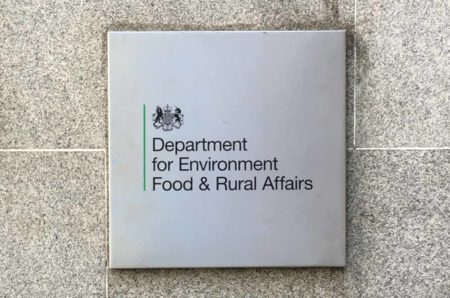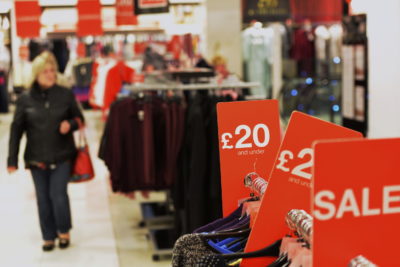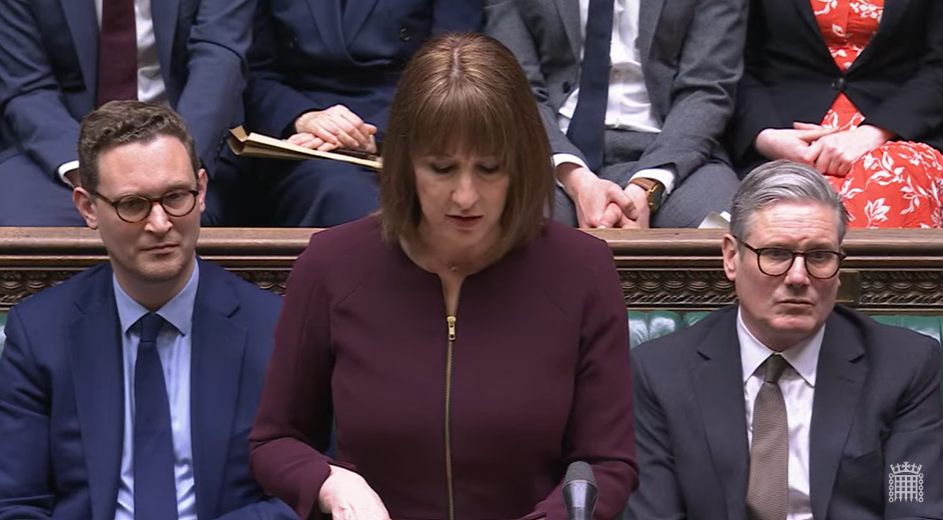The Waste Prevention Programme for England sets out how the government and industry “can take action across seven key sectors”. These sectors are: construction; textiles; furniture; electrical and electronics products; road vehicles; packaging, plastics and single-use items; and food.

Defra says the plans will help it to “minimise waste and work towards a more resource efficient economy”.
Defra first published its Waste Prevention Programme in December 2013, after all EU member states had to publish one under the revised Waste Framework Directive (see letsrecycle.com story).
Previously, the UK would of had to notify the European Commission of any updates to its plan, and this is the first to be published since Brexit.
Textiles

Defra announced today that by the end of 2022 it will consult stakeholders on options for textiles such as an extended producer responsibility (EPR) scheme which would ensure the industry contributes to the costs of recycling.
This will be supported by measures to encourage better design and labelling and will help boost the reuse and recycling of textiles and reduce the environmental footprint of the sector, the department added.
Defra says the fashion industry is estimated to account for 4% of annual global carbon emissions, while textiles production leads to greenhouse gas emissions equivalent to the emissions of France, Germany and the UK.
‘Committed’
Environment Minister Rebecca Pow said: “We are firmly committed to ending the ‘throwaway’ culture as we build back greener.
“We are firmly committed to ending the ‘throwaway’ culture as we build back greener”
“Major retailers and fashion brands have made huge strides in reducing their environmental footprint but there is more we must do. That is why, through our world-leading Environment Bill and landmark reforms, we will take steps to tackle fast fashion by incentivising recycling and encouraging innovation in new design.”
2030
Also, Defra says the government aims to “galvanise ambitious industry action” through a new voluntary agreement – Textiles 2030 – for the next 10 years, which will aim to reduce the environmental footprint of the textiles sector through science-based targets.
With an official launch in April 2021, the new voluntary agreement “builds on the learning and success” of the Sustainable Clothing Action Plan (SCAP 2020) and aims to engage the majority of UK fashion and textiles organisations in collaborative climate action.
Alongside this, using powers sought in the Environment Bill, the government “will be able to set minimum standards for clothing on durability and recycled content, and explore ways to improve labelling and consumer information of clothing”.
A further £30 million has been allocated by UK Research and Innovation to establish five new research centres that will develop UK-based circular supply chains, one of which will focus on circular textiles technology.
Consultation
The announcement forms part of a wider consultation launched today which examines how the UK can move towards a “more resource-efficient economy, not only by increasing recycling rates but reducing the amount of waste produced in the first place”.
The consultation on a revised Waste Prevention Programme for England seeks views on how the government can use new powers in the Environment Bill to set eco-design standards for sectors identified to have a high environmental impact, such as construction and furniture.
In its statement today, Defra said: “These powers could be used to set requirements on manufacturers, for instance, to provide spare parts, to set a minimum level of recycled content, or to ensure products are designed for disassembly, repair and long life, rather than disposal”.
Circular economy
Marcus Gover, CEO of WRAP, said: “WRAP welcomes the focus this consultation brings on the need to create a more circular economy. We will not achieve net zero without taking action on the way we produce, use and dispose of the products we rely on to live our lives.
“WRAP welcomes the focus this consultation brings on the need to create a more circular economy”
“Our new Textiles 2030 business collaboration commitment exemplifies the ambition of COP26 and will halve the impact of textiles sold in the UK by 2030. It follows on from the successful Sustainable Clothing Action Plan and will showcase businesses who are taking responsibility and reducing the impact of the products they put on the market.”.
Single use
Defra said that as part of plans to continue the Government’s fight against single-use plastic waste it will also be consulting on potential bans of other single use items too.
This follows bans on microbeads, plastic straws, stirrers and cotton buds in England.










Subscribe for free